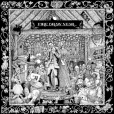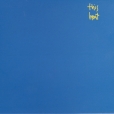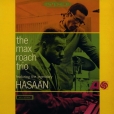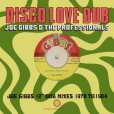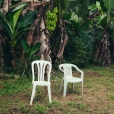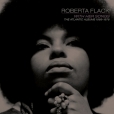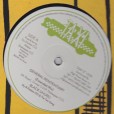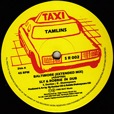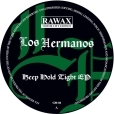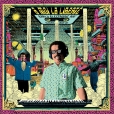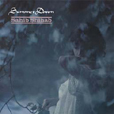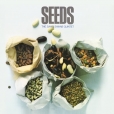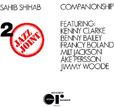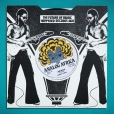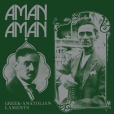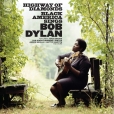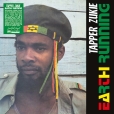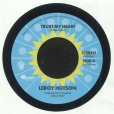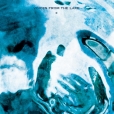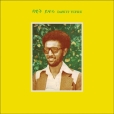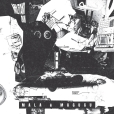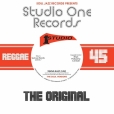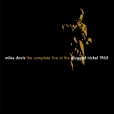Your basket is empty

‘12” Dub Mixes 1978 to 1984.’
The monumental Chain Reaction classic, remastered by Robert Henke, and presented for the first time as a complete vinyl edition.
It’s a must; hotly recommended.
‘While absolutely rooted in the embryonic sound of European dub techno, Monolake’s early work possesses a back room, headphone-ready demeanour which lends itself to the album listening experience. In the cascade of rhythms created by precision engineered delays and subliminal, expansive spatial world building occurring throughout Hongkong, the stage is set for a full and thorough immersion. Before the Monolake sound progressed into a more pointillist form of computer music as Henke’s solo project, Hongkong presented a gritty, grainy sonic still tied in some way to the traditional methods of techno production, even as the artists’ ideas were sending the sequencing and arranging in exciting new directions.’
Monumental soul-reggae in its full 12-inch glory, with a terrific old school rap from Welton Irie, and two dubs.
Arguably the definitive version of the Randy Newman song, though it’s probably a Nina Simone cover.
1963 set pulsing with extended, deep modal grooves — including the dancer Please Don’t Leave Me. Recorded by MPS-man Gigi Campi in Cologne, which figures, but originally issued by Argo, oddly.
The LPs are sky blue vinyl, in an alternative cover.
Donato Dozzy & Neel.
